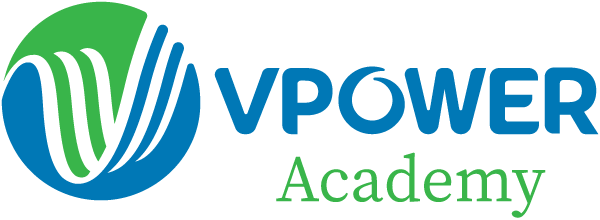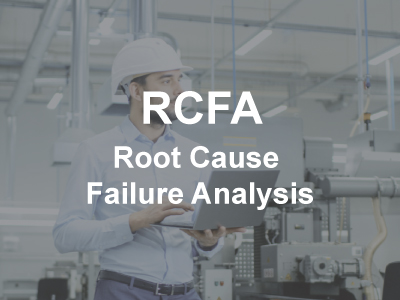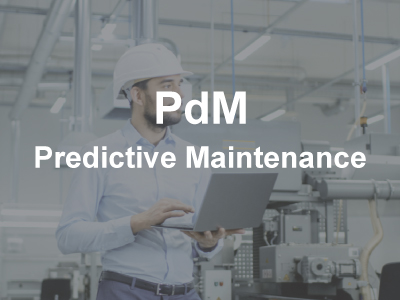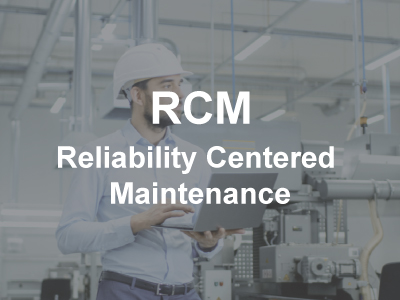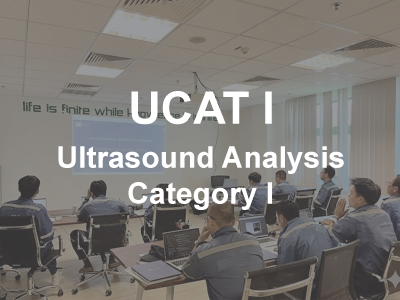This course is intended for individuals who have already developed a foundational understanding of lubrication—whether through prior training, ICML certifications, or 5 to 10 years of hands-on field experience.
While there are no mandatory prerequisites, participants with working knowledge of lubrication principles and some practical experience will find the material more accessible and engaging.
Recommended Job Titles or Roles:
Inspector
PdM Technician
Reliability Engineer, Maintenance Engineer
Reliability Manager, Maintenance Manager
Plant Manager
Key Learning Outcomes
Lead lubrication teams, including technicians and analysts
Optimize lubricant selection and maintenance practices across the plant
Analyze lubrication-related failures using RCFA (Root Cause Failure Analysis) and FMEA (Failure Modes and Effects Analysis)
Plan preventive maintenance (PM) tasks and work orders related to lubrication
Evaluate capital expenditures through cost/benefit analysis
Manage lubrication systems in alignment with ICML 55.01 and ISO 55001 standards
Be fully prepared for the globally recognized ICML – MLE (Machinery Lubrication Engineer) certification exam
Top Benefits
Improve inspection quality and optimize lubrication route strategies
Make more effective predictive maintenance (PdM) decisions related to lubrication
Gain the skills to lead a lubrication program that enhances equipment reliability
Understand how a strategic lubrication approach can deliver measurable business value
Machinery Lubrication Engineer Brochure
The MLE course contains 30 hours of material taught over four days. It is fully aligned with the body of knowledge of the International Council for Machinery Lubrication’s MLE certification. A sample schedule has been provided below.
| MORNING | AFTERNOON | |
|---|---|---|
| DAY 1 | Introduction Asset Management & Standards Financial Analysis Life Cycle & Cost of Ownership Optimum Reference State Maintenance Philosophies Maintainability | Lean & Total Productive Maintenance Procedure-based Maintenance Planning & Scheduling RCM, FMEA & Pareto |
| DAY 2 | Weibull Analysis Risk & Criticality Assessment Root Cause Analysis FRACAS Lubrication Fundamentals Lubricant Formulation & Synthetics Lubricant Selection & Consolidation | Lubricant Supplier Selection & New Lubricant Quality Lubricant Selection by Machine Type Lubricant Standards & Compatibility |
| DAY 3 | Energy Conservation & The Environment Automatic Lubrication & Lubricant Delivery Methods Lubrication PMs, Oil Changes & Common Tasks Lube Room, Handling & Storage | Lubricant Storage Life Contaminant Exclusion Varnish, Reclamation & Reconditioning Leakage, Wase & Used Lubricant Management |
| DAY 4 | Metrics Lubricant Analysis Inspection 2.0 | Maintenance Culture People, Skills & Training Health & Safety Continuous Improvement & Change Management |
